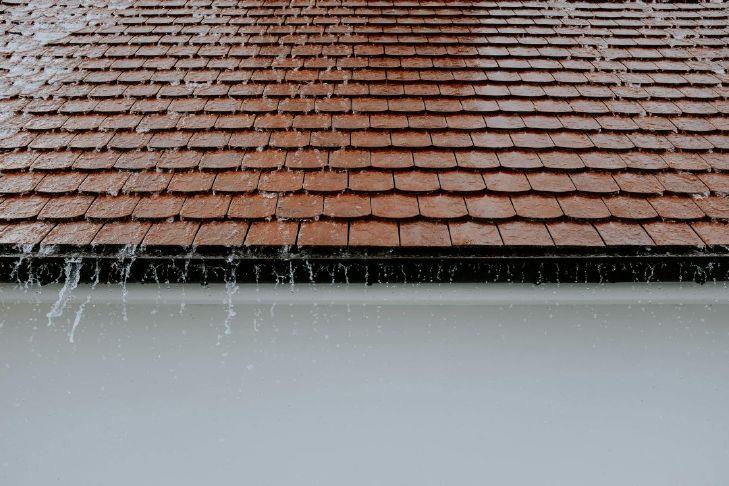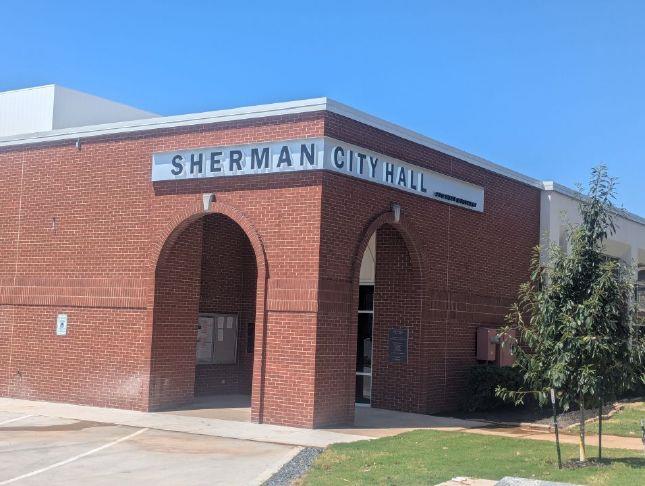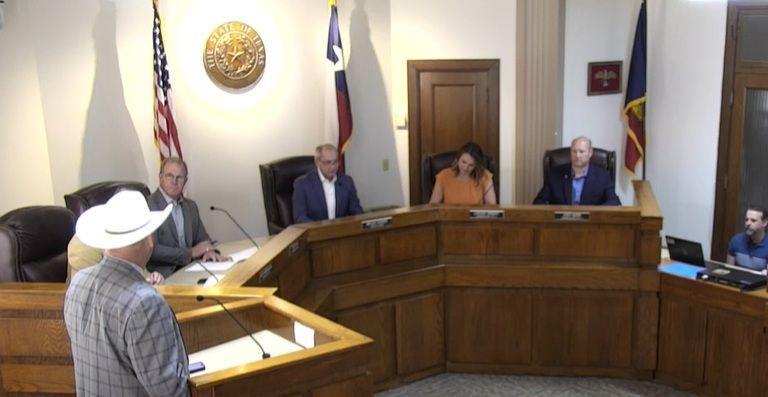As spring rains and thunderstorms continue to leave their impact across region, local business representatives recommend that homeowners look local when choosing contractors for repairs. Representatives for the Sherman Chamber of Commerce recently provided tips on what to look for when choosing roofers of other contractors during times of heavy weather.
Sherman Chamber President Sandy Rehkopf said organizations like the Sherman Chamber can be useful tools for finding quality businesses following disasters like heavy storms, which may attract travelling craftsmen looking to make a profit. However, it can be difficult to locate these travelling businesses in the event that the repairs are substandard and do not last.
“When you find that you are looking for a contractor to do any type of work for you, or any business … that you are expecting to give a large amount of money to, the first thing that I suggest doing is looking at who is a member of the local chamber of commerce,” Rehkopf said. “It provides a bit of credibility; it provides a bit of reputation. These are people that are giving money to their community.”
Prior to her time with the Sherman Chamber, Rehkopf owned a roofing business with her late husband that served the Dallas-Fort Worth Metroplex.
“I was very privy to how the roofers travel in as soon as they see a storm on the radar and you get roofers from all over the country,” she said.
Currently, the Sherman Chamber has about five roofers in its membership, but Rehkopf said many general contractors can take on roofing jobs as well as other projects.
“We have a lot of general contractors,” she said. “Roofing isn’t in their name, but they are a general contractor, and they would do the roofing.”
A common problem with travelling roofers is that they can be difficult to locate again once the job has been completed and they have moved on to another job elsewhere. While some protections exist for customers in the event a job is substandard, it can vary from state to state, Rehkopf said.
“The reason people pick on Texas is because we are such a business-friendly state,” she said. “We have very loose requirements for contractors. So, basically if you have a bag of nails and a hammer, you can call yourself a contractor and go around and do work for people.”
However, other states may have stronger protections that could still help Texas customers, she added. In many states, roofers are required to be bonded in order to do work. If a roofer is from a state where these protections are required, customers may still have some safeguards to ensure quality work.
“If I was going to hire somebody that was an out-of-state contractor, I would make sure they were a bonded contractor through whatever state they are claiming they are from because most other states do require that,” she said.
Despite recommending local businesses, Rehkopf noted that some travelling companies will temporarily join a local chamber in order to gain that credibility. However, customers can look to see how long a business has been a chamber member.
“If they have been a chamber member for multiple years and have a local address, their trustworthiness is probably a little bit higher on the scale,” she said.




